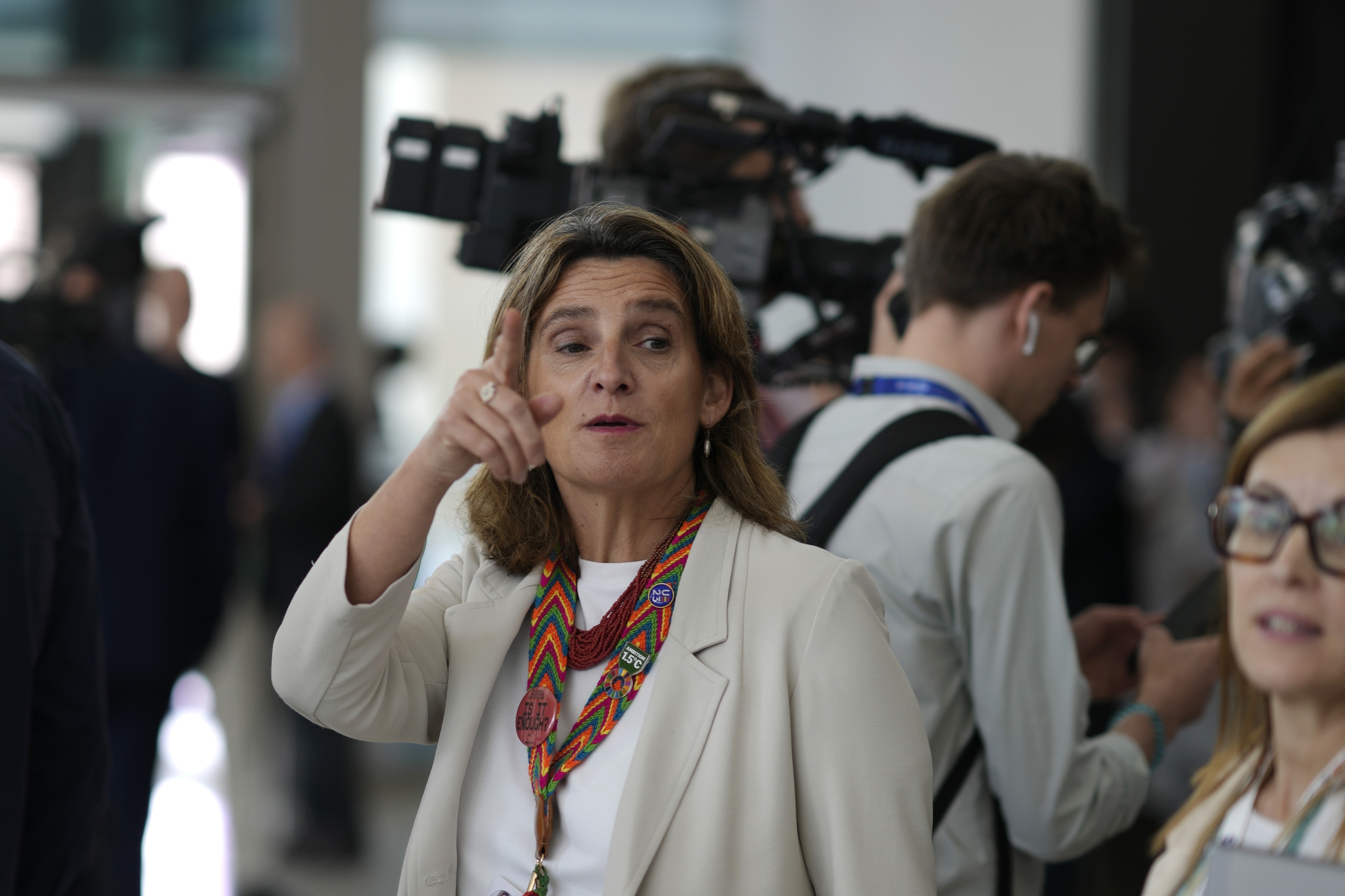The European Commission has accused Alphabet, Google's parent company, on Wednesday of breaching its obligations under the European Digital Markets Act (DMA) by favoring its own services in searches conducted through its search engine and also by hindering developers. Additionally, Brussels has warned Apple to open up its operating systems more in line with the framework set by EU regulation.
Regarding Apple, the Commission has taken two "legally binding" decisions that the company must implement, affecting its interoperability obligations. This, as contextualized in a statement, would allow third-party services to integrate more precisely into the Apple ecosystem, which is "key to opening up new possibilities for developing innovative products and services from third parties" on the company's platforms. This, in turn, would provide more choice for EU users.
Some of these measures relate to nine iOS connectivity functions, mostly used to pair devices like watches, headphones, or TVs. With these, the Commission expects that developers would have enhanced access to iPhone functions that interact with such devices, such as notifications appearing on smartwatches, for example.
The second set of measures focuses on transparency and efficiency in the process Apple implements for developers interested in interoperability with their phones and tablets. It would provide access to more technical documentation on functions not yet available to third parties or more fluid communication regarding updates.
In Google's case, Alphabet has a deadline to submit written arguments in its defense, but if the breaches are confirmed during the investigation, the EU executive can impose a fine of up to 10% of its annual turnover.
The Commission details in another statement that it has informed Alphabet that "some features and functionalities of Google Search treat Alphabet's services more favorably compared to rivals", which, they explain, goes against the "transparent, fair, and non-discriminatory" treatment of third-party services required by the DMA.
Additionally, the institution considers that Google Play, the company's app store, also does not comply with this legislation as it does not allow developers to direct consumers to other channels where they may find better offers.
The European Commission's Vice President for Competition, Spanish Teresa Ribera, explained in a statement that the accusations against Alphabet aim to ensure that two services "widely used by European companies and consumers," such as Google Search and Android phones, are aligned with EU rules, as reported by Europa Press.
"Let's be clear, our main goal is to create a culture of compliance with the Digital Markets Act, and enforcement actions are reserved for cases where dialogue attempts have not been successful," Ribera lamented, emphasizing that the application of European legislation is carried out in a "fair and non-discriminatory" manner.
